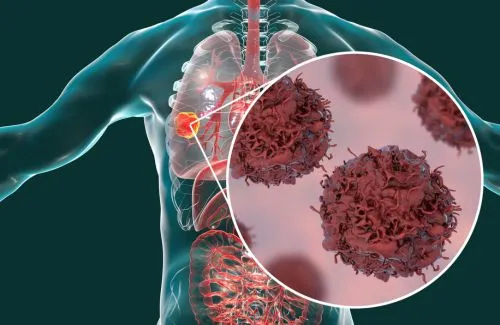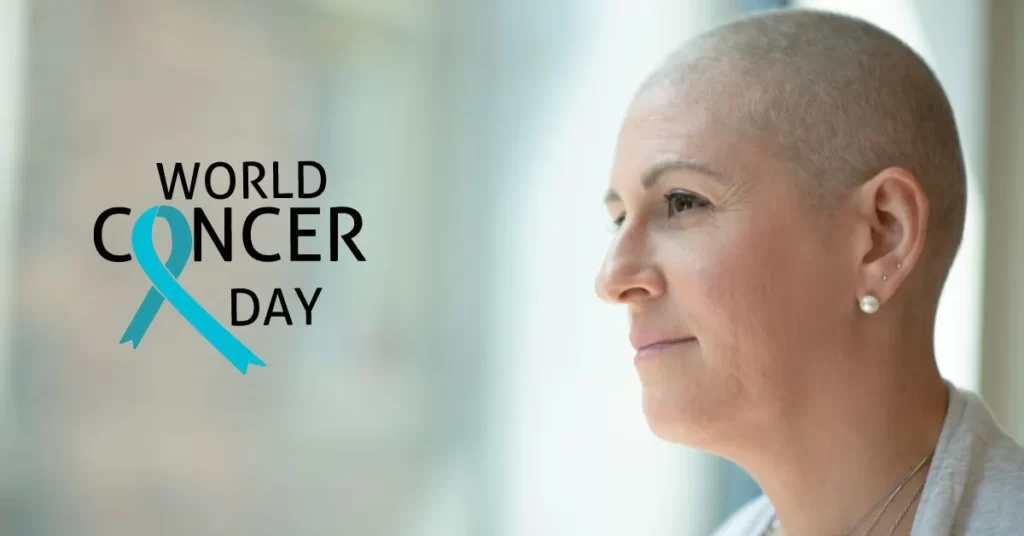Cancer is a formidable adversary, affecting millions of lives worldwide. While advances in medical science have led to breakthroughs in cancer treatments, a significant obstacle persists – the care gap. This article explores the imperative need to close the care gap, ensuring that everyone, regardless of their circumstances, deserves access to cancer care.
Understanding the Care Gap:
Factors Contributing to the Care Gap:
The care gap is a complex issue influenced by various factors. Socioeconomic status, geographical location, and healthcare infrastructure all play a role in determining access to cancer care. Discrimination and disparities in healthcare services further exacerbate the divide.
Disparities in Access to Cancer Care:
Statistics reveal the alarming disparities in cancer care. Marginalized communities, minority populations, and those in rural areas often face limited access to screenings, treatments, and support services. These disparities contribute to delayed diagnoses and poorer health outcomes.
Statistical Data on the Care Gap:
According to recent studies, individuals from low-income backgrounds are 20% more likely to experience barriers to cancer care. Furthermore, rural residents are 30% less likely to have access to cancer treatment centers. These numbers highlight the urgent need for intervention.
Consequences of the Care Gap –
Impact on Cancer Patients’ Outcomes:
The care gap has dire consequences for cancer patients. Delayed diagnosis and treatment often lead to advanced-stage cancers with reduced survival rates. Bridging the care gap could potentially save countless lives.
Emotional and Financial Burdens:
Cancer is not just a physical battle; it takes a toll emotionally and financially. Patients who struggle to access care often face increased stress and financial burdens, affecting their overall quality of life.
Also Read: Vaping: The Adolescent Epidemic and the Urgent Need for Awareness
Healthcare System Implications:
The care gap places additional strain on an already overwhelmed healthcare system. Emergency room visits for preventable conditions, costly late-stage treatments, and fragmented care contribute to rising healthcare costs.
Bridging the Care Gap –
Efforts to close the care gap require a multifaceted approach.
Strategies for Reducing Disparities:
Implementing policies that address socioeconomic disparities in healthcare is crucial. Initiatives to provide financial assistance, transportation, and education can make a significant difference.
Improving Access to Cancer Screenings:
Regular screenings are vital for early cancer detection. Increasing access to affordable and convenient screenings can lead to more timely diagnoses and better outcomes.

Community Outreach Programs:
Engaging communities through outreach programs can raise awareness about cancer prevention, symptoms, and available resources. These initiatives empower individuals to take control of their health.
The Role of Technology –
Telemedicine in Cancer Care:
Telemedicine offers a lifeline to those in remote areas. Virtual consultations, remote monitoring, and telehealth apps enable patients to access expert advice without traveling long distances.
AI and Predictive Analytics:
Artificial intelligence can analyze vast amounts of healthcare data to identify at-risk individuals and provide personalized recommendations for cancer prevention and treatment.
Mobile Apps for Patient Support:
Mobile applications provide cancer patients with valuable information, support groups, and tools to manage their health journey effectively.
Personal Stories :
Real-life stories from cancer survivors who have faced and overcome the care gap inspire hope and resilience. These narratives illustrate the importance of perseverance and seeking solutions.
Advocacy and Policy –
Government agencies and non-governmental organizations play a pivotal role in closing the care gap.
Legislation to Address the Care Gap:
Advocacy efforts have led to the introduction of legislation aimed at reducing healthcare disparities. Public policies can drive change and ensure equitable access to cancer care.
Promoting Cancer Awareness
Increasing public awareness about cancer prevention, screening, and early intervention is vital. Education campaigns can empower individuals to prioritize their health.
Let us take a pledge for the Cancer affected people so that we may be a part of their journey and together we may fight the battle.


